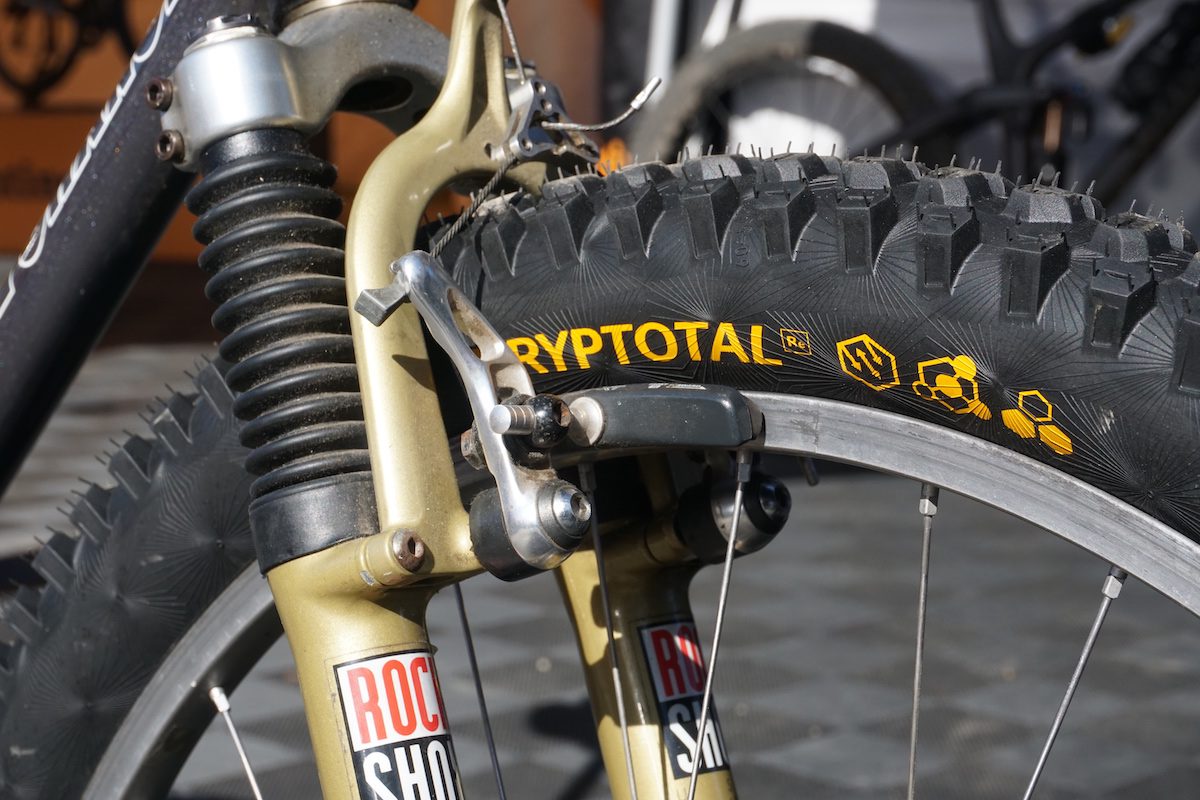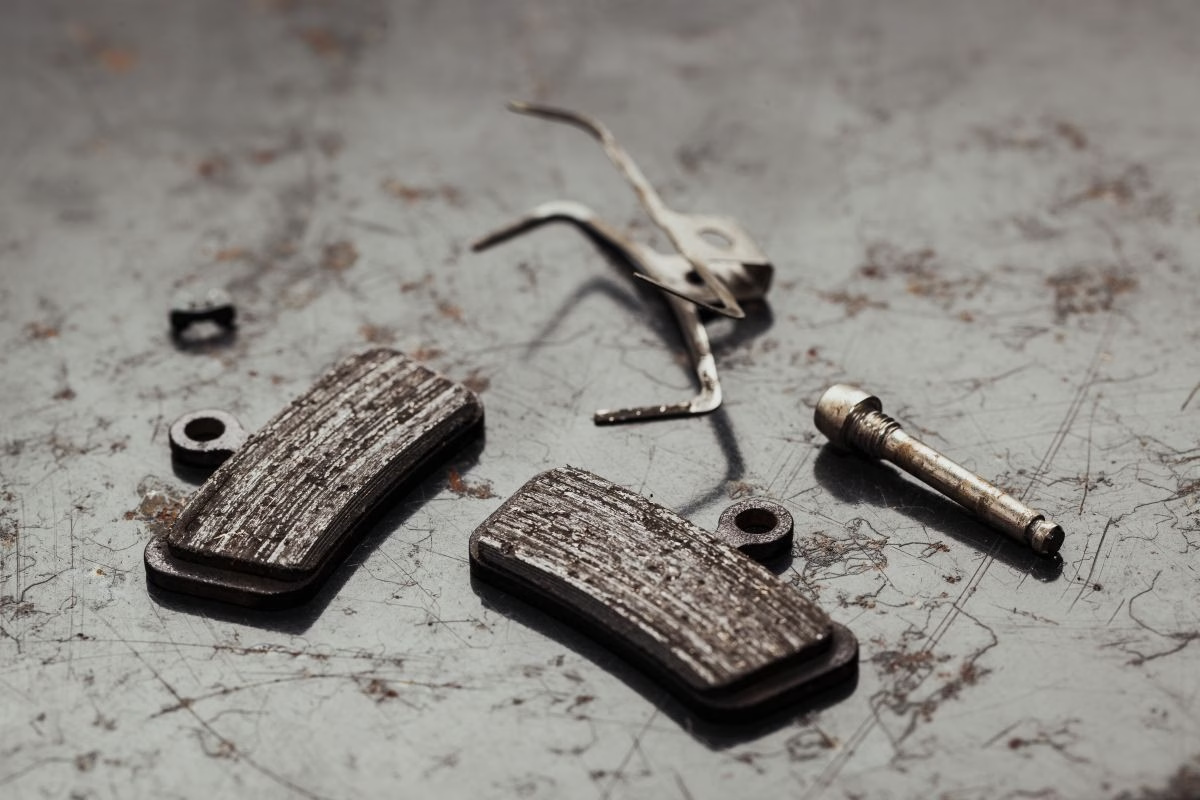Nothing kills the vibe like squeaky brakes. Whether it’s a piercing squeal or an occasional metallic scrape, noisy brakes aren’t just annoying—they might be a sign that something’s wrong. Here’s a breakdown of common culprits and how to silence those pesky sounds.
Brake contamination
The most common cause of noisy brakes? Contamination. Dirt, oil or even brake fluid on your pads or rotors can wreak havoc. Not only will your brakes lose effectiveness, they’ll also scream about it.
Fix it: Pull the pads, clean them thoroughly with isopropyl alcohol or brake cleaner and do the same for the rotors. Once cleaned, bed your brakes in again and see if the noise disappears.
Glazed pads
If your brakes start off quiet but get noisy as the ride goes on, heat might be the culprit. Overuse can glaze the pads, giving them a shiny, slippery surface.
Fix it: Let the brakes cool, then remove the pads. Use fine-grit sandpaper to restore their grip and bed them in as you would with new pads.
Brake caliper alignment
Do you have good braking power but persistent noise? Your calipers might be misaligned. Bolts can loosen, or the setup might shift after a knock, causing the pads to hit the rotor at an angle.
Fix it: Loosen the caliper bolts, squeeze the brake lever to center the pads on the rotor, then tighten everything back up. If that doesn’t work, you may need to align them by eye.
Warped rotor
A “shing-shing” metallic noise usually points to a warped rotor. Even a slight bend can cause periodic contact with the pads.
Fix it: Identify the bend by inspecting the rotor through the caliper. Use a rotor straightener—or even and adujustable wrench—to gently nudge it back into place.
Wet and muddy conditions
If it’s raining or the trails are a mud fest, noisy brakes are just part of the deal. Wet rotors often howl and muddy conditions can make things worse.
Fix it: Switch to organic pads for quieter performance, though sintered pads will last longer. Either way, embrace the noise—it’s normal when conditions are rough.

Worn-out pads
When your brake lever starts creeping closer to the handlebar, your pads are likely toast. Thin pads cause the pistons to move further out, leading to noise and reduced braking power.
Fix it: Inspect your pads. If they’re less than a couple of millimeters thick, it’s time for a replacement.
Don’t forget to bed in your brakes
Whatever fixes…
Click Here to Read the Full Original Article at Canadian Cycling Magazine…

